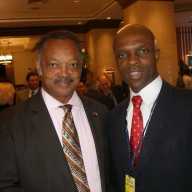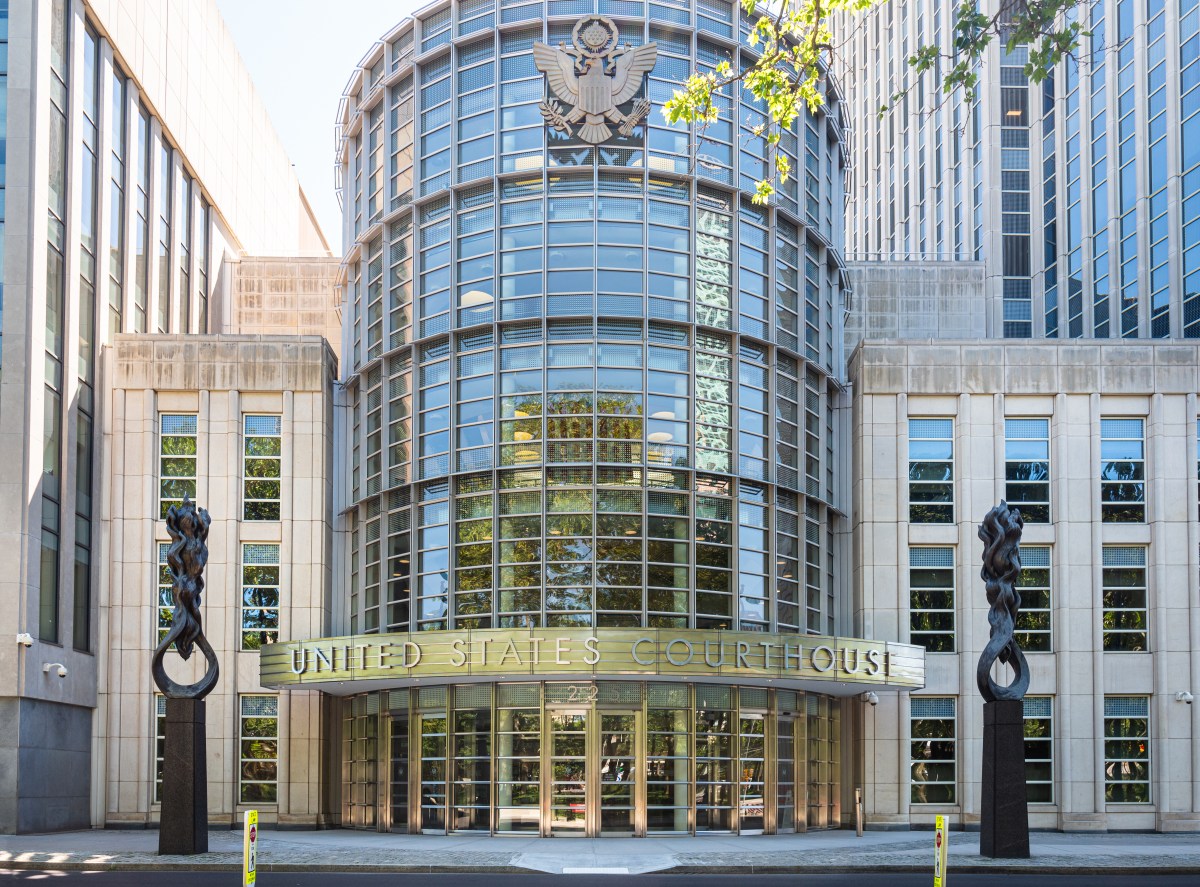Tempers flared last week at a Metropolitan Transportation Authority (MTA) public hearing when about 200 Queens residents voiced disapproval over proposed token booth closures and fare increases.
The Wednesday, February 19, meeting began at 6 p.m. in the Queens Borough Hall Central Jury Room in Kew Gardens. Elected officials addressed the gathering first.
"It is imperative that you look more closely at this unfair burden or unfair tax on this citys commuters," Councilmember Melinda Katz told MTA Executive Director Katherine Lapp and the other five board members. "Our riders are also shortchanged on service which leads to overcrowding and slow unreliable service at many locations."
"We can’t take a fare increase at this time," agreed Councilmember John Liu, chairman of the City Council’s Transportation Committee.
The two councilmembers spoke persuasively, but it was a Forest Hills resident who fanned the flames of community discontent and led the charge.
The audience exploded when Adele Bender, 72, stepped to the microphone and ripped the MTA for its proposals to shut 177 token booths citywide, 27 of which are in Queens.
"What were you thinking?" she asked. "Did you really think this through?"
When no one answered, she demanded, "Do you have an answer?" Turning to the audience, she said, "No answer, folks!"
At the end of last year, the MTA predicted a combined 2003 and 2004 deficit of $2.8 billion. After administrative reductions, closure of some token booths and elimination of the token, the agency still faces a $1 billion shortfall.
The agency predicts these newest cuts could save $25 million, and it is working on a plan to raise bus and subway fares to as high as $2, MetroCards by up to 33 1/3 percent, and express bus fares up to $4. Ticket prices on MetroNorth and Long Island Rail Road trains could also go up, along with bridge and tunnel tolls.
Of the 177 token booths slated for closure, 128 operate part-time. The other 49 are full-time with low entry and exit volume. These, said the agency, can be "closed permanently without significant inconvenience" to customers.
The MTA says that at each of the subway stations where the 177 booths will be closed, there will still be one booth open 24 hours a day. MetroCard vending machines will continue to be available.
On the same day as the heated meeting, State Comptroller Alan Hevesi subpoenaed financial records from agency board members and demanded the MTA refrain from fare increases before testifying about the details of the deficit.
Hevesi said he has been trying to access the records for six weeks, but with little cooperation from the agency. He gave the MTA seven days to comply and threatened to take its highest ranking officials to court if they do not.
Agency officials were furious over Hevesis actions.
"The MTA budget director and his staff have met with your staff whenever requested and supplied requested information on schedule," said MTA Chairman Peter Kalikow in a letter to the comptroller. "I find your threats of subpoenas to be counterproductive, given that we have been working cooperatively and in good faith."
The debate over fare increases and token booth closures also comes amid growing concerns about the threat of terrorist attacks on the citys transit system.
The MTA recently announced plans to equip many personnel with gas masks by March 6. Those to receive the masks which fit into black pouches that workers can strap around their waists include train operators, conductors, train service supervisors, token booth clerks and station supervisors, according to Mark Groce, a spokesman for New York City Transit.
"There has been no specific threat," he said, "but we just want to keep our workers safe."
Transit workers would most likely lead an evacuation of subway passengers if a chemical or biological attack occurs, and the agency is currently training them for such an event.
The reduction in token booths would not pose added safety risks, argued Groce, because police officers regularly patrol subway stations.
Several Queens politicians disagree. Councilmember Peter Vallone Jr. is concerned that the police department is being decimated and that token booth clerks provide a sense of security. State Senator Toby Stavisky argued that the poor attendance by the MTA Board showed how little they care about the issue. Liu agreed and said the amount of money being saved is "peanuts and it is penny wise pound foolish."
Borough President Helen Marshall, staunchly against these closings, cited a new survival guide written by Dr. Angelo Acquista, the medical director for the City Office of Emergency Management. The guide tells subway riders to go to token booth agents in the event of an attack.
"How can the public do that when the booth is empty?" Marshall asked.





























